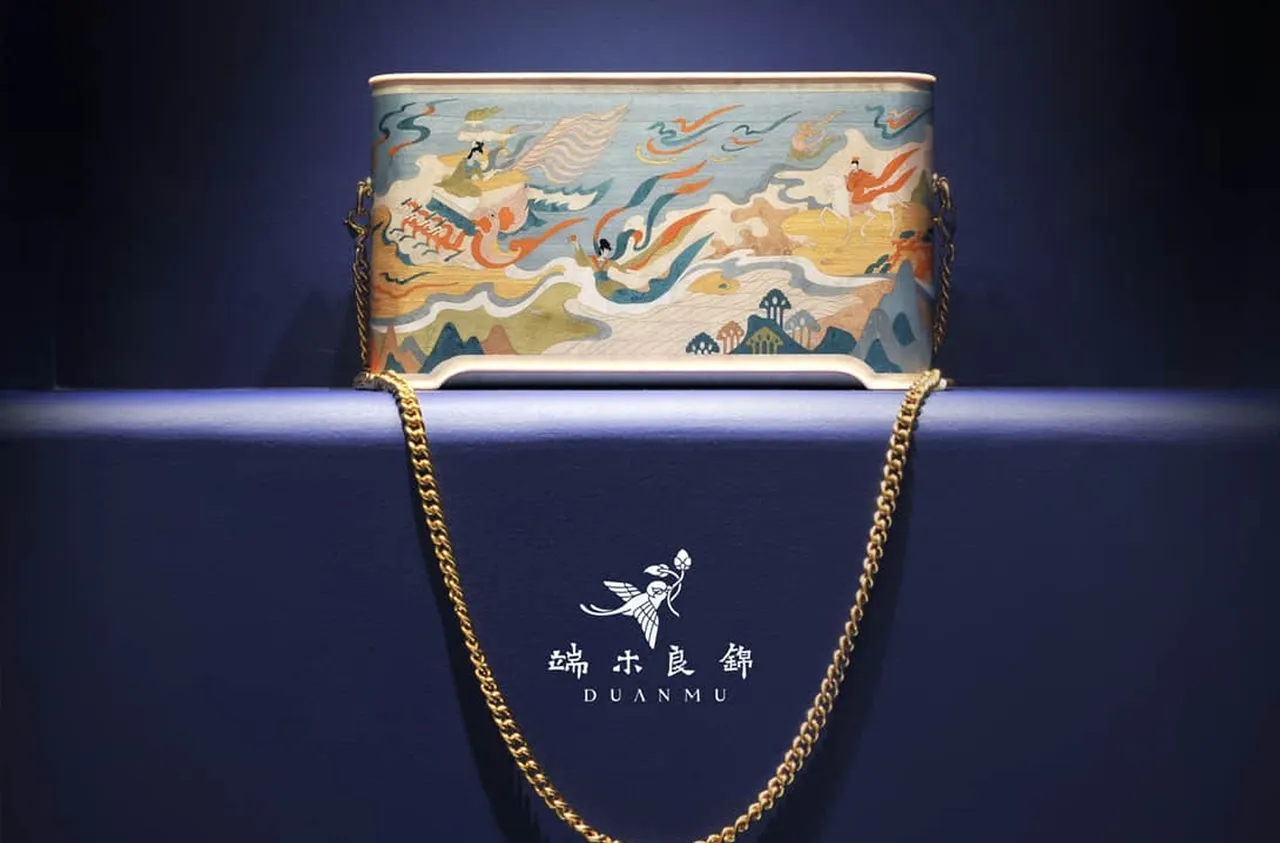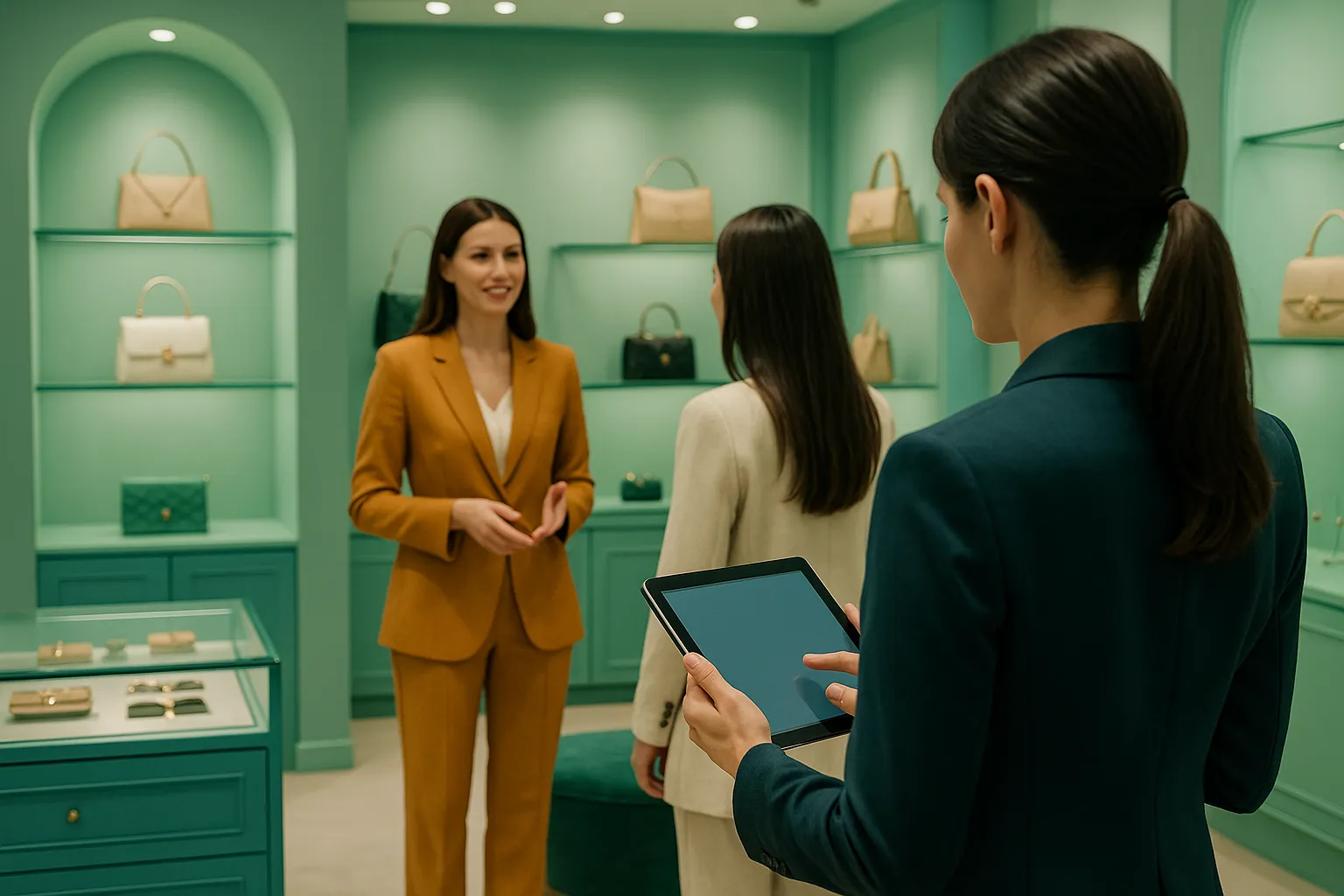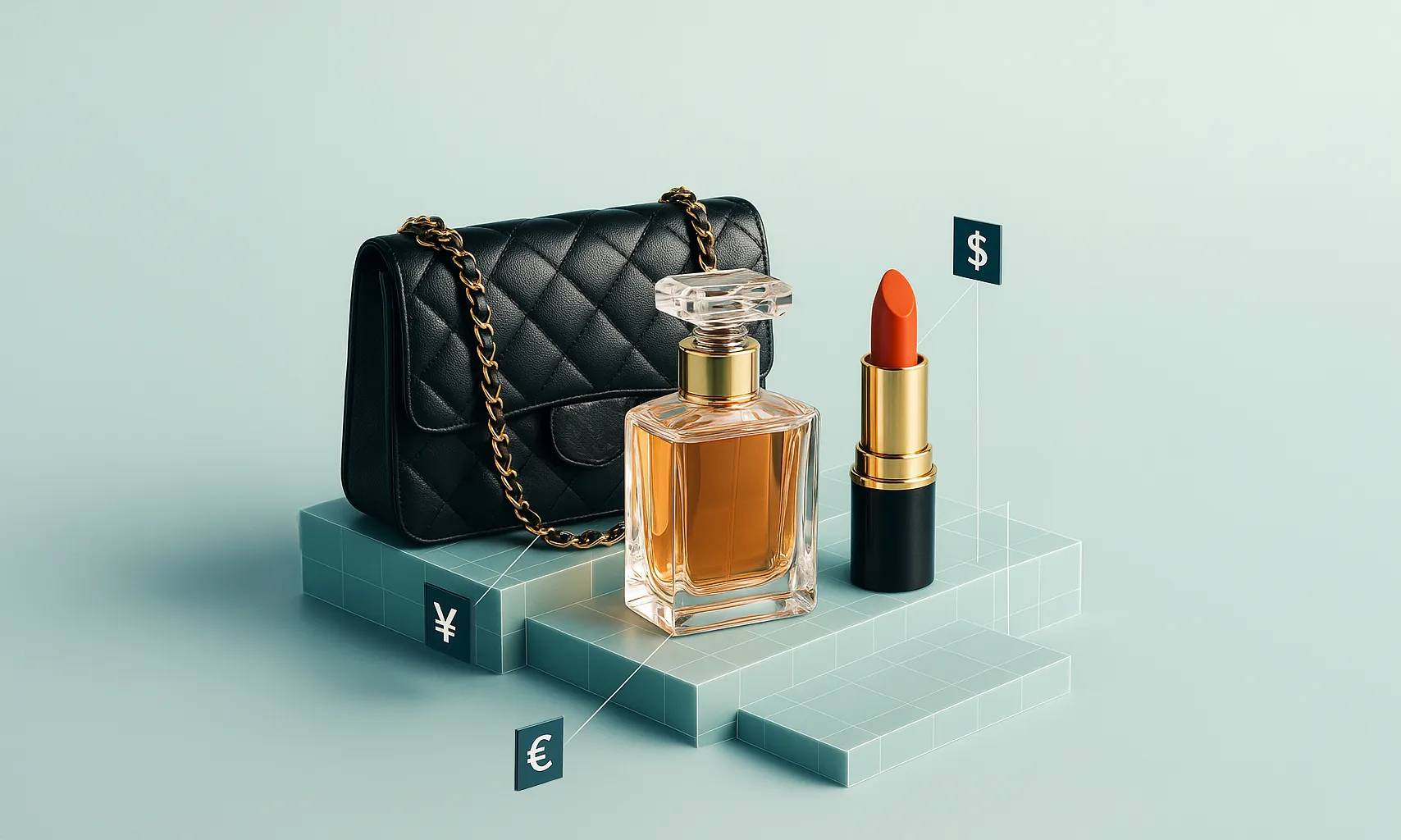Is Sustainability The Next Frontier For Luxury Brands?
Sustainability has become a ubiquitous topic across all industries, and the luxury industry is no exception. Sustainability is made up of three pillars: the economy, society and the environment. While focusing mostly on the latter, I will reflect on how things have changed over the last few years and unearth the opportunities that lie ahead for luxury brands.
The ironic paradox of sustainable luxury brands remains prevalent. While luxury brands center around the concept of durability, exclusivity through limited quantities, and exquisite craftsmanship enhanced by high-quality materials and transmission, luxury is often perceived as superficial and can enflame social tension. Such consequences ultimately reject the sentiment of social harmony — which serves the fortitude of sustainability — and cause a socially conscientious customer to boycott luxury brands in favor of alternative sustainably-minded brands. But luxury brands can overcome this, as we will see later.
One thing is certain: Luxury brands can no longer ignore the subject of sustainability. Due to their expansive visibility — perhaps more than their impact — they must face sustainable scrutiny. The new generation of consumers, who, in 2018 alone, drove 85% of luxury sales growth, consists primarily of millennials and Generation Z and demands sustainable practices, messaging and products. Accustomed to broadcasting their lives on social media, these consumers perceive themselves as brands and consequently elect labels that align with their personalized positioning, often claiming to only associate with sustainable brands (in reality, their purchase history — according to our own focus groups of millennials — tells a slightly different story).
Buying Behaviors of the Past
Previously, baby boomers inherently considered luxury brands to be sustainable by nature due to their exclusivity, high price, exceptional quality and scarcity. In their opinion, fast fashion was the perfect culprit, and therefore luxury brands discussing the matter of sustainability were deemed unnecessary and uncouth. Simultaneously, luxury brands also avoided the subject for fear of distracting customers from delivering the idyllic, perfect dream life. However, a few luxury brands have indirectly served a sustainable message, perhaps without knowing it, early on.
Patek Philippe’s infamous 25-year-old “Generations” advert conceived in 1996 perfectly blended the emotionally driven message of investing in timeless luxury while exuding high-class status. The tagline: “You never actually own a Patek Philippe. You merely look after it for the next generation,” draws a close relationship between the ownership of a Patek Philippe, the quality of the product and the assurance that the watch — and brand — will stand the test of time. Another great example is Stella McCartney who, in the early 2000s, launched her label in partnership with Kering with a sustainable approach.
The Rise of the Ethically-Minded Shopper
In the mid-2010s, purchasing attitudes shifted and began to coincide with growing ethical considerations. Arguably acting as the catalyst for change, the emergence of the Covid crisis in 2020 stimulated an industry-wide sustainable transformation that pioneered positive development in the luxury industry. As a result, large luxury conglomerates began investing in various methods to address sustainability issues.
Such initiatives include sustainability profit and losses reports and the introduction of The Fashion Pact in 2019. Devoted to achieving a common core of environmental goals in three areas — mitigating climate change, restoring biodiversity and protecting the oceans — the pact gathers a global coalition in the fashion and textile industry of over 200 brands, all committed to building a better future and protecting the planet.
A Circular Future
Sustainability now serves as a vital component of shopper motivation, forcing brands to pursue innovative sustainability initiatives that will deeply reshape their business model. Arguably, it is impossible to become truly sustainable and adhere to the business model in place: luxury brands must evolve to a circular economy that supports the pre-owned and rental market.
While more and more brands have forgone the use of animal furs and most are investing in low-emission practices, responsible sourcing or new materials, the circular economy built around renting and reselling products appears to have a far-reaching impact. Although appearing as a systemic change for luxury brands, it’s a worthwhile, overdue reform that provides valuable opportunities for all brands involved. Affording customers the ability to return old items from their favorite brands in exchange for a gift credit for their next purchase builds brand loyalty and effortlessly contributes to the secondhand market.
Empowering Agents
According to our most recent survey of more than 1,800 affluent evaluators, 87% of conversations between clients and brand advisors fail to include any topic linked to sustainability. On rare occasions when sustainability does get mentioned, 82% of the conversation is limited to materials only. For the remainder of the time, sustainability sadly gets ignored. Why?
Perhaps due to the focus of luxury brands to achieve perfection in everything they do, the discussion of sustainability may emerge as “imperfect,” contentious and even counterproductive. To avoid potentially offending customers by inadvertently appearing to greenwash, resemble pretentious attitudes or cause customers to feel patronized, brands sometimes relinquish the conversation entirely.
Luxury brands must make a bold, definitive statement that embraces the market opportunity that sustainability provides. They must perfect their tone in their messaging and equip their teams and floor staff to enable them to confidently handle such conversations — because if they don’t, brands can expect adverse consequences.
Customers are fundamentally concerned with progress and the brand’s future envisionment, not only previous achievements. Therefore, luxury brands have an urgent mission to propose and introduce an approach that promises to deliver a sustainably driven tomorrow and beyond. There is no doubt that the brand business model repercussions may prove significant, but brands no longer have a choice. The question now is: Are brands ready for the transformation?



